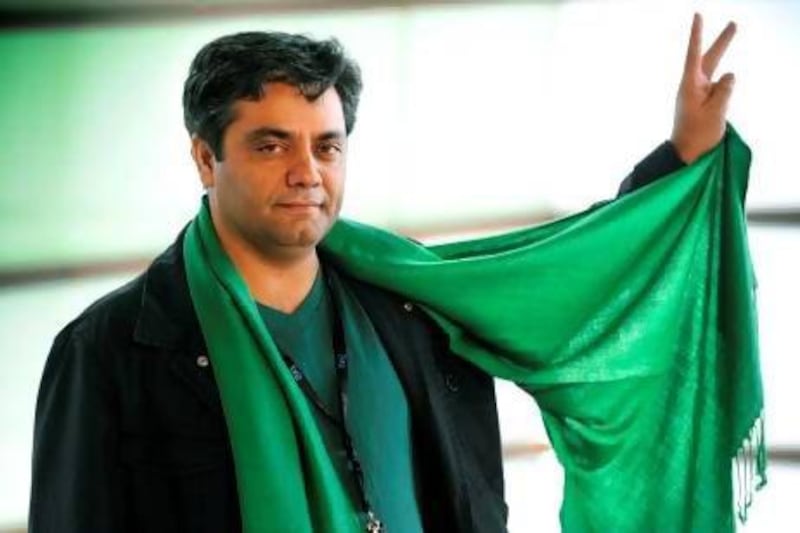It’s one of the big questions at the Cannes Film Festival: what is the Mohammad Rasoulof film about? When the festival director Thierry Frémeux announced the inclusion of the director’s new film, he said it would be called Anonymous. Rasoulof won the Best Director Award at Cannes in 2011 for his drama Goodbye. That year, Goodbye was a late addition to the festival, being released just months after the news came through in December 2010 that Rasoulof, alongside Offside director Jafar Panahi, had been sentenced to prison for six years (reduced to one year on appeal), banned from filmmaking for 20 years and also given a concurrent ban on foreign travel for alleged anti-regime propaganda.
As Jafar Panahi had premiered Closed Curtain, which he co-directed with Kambuzia Partovi, at the Berlin Film Festival in February, the news of a new film by Rasoulof was welcome but not surprising.
Then, all of a sudden in the run-up to the festival there were no longer any details of Anonymous on the Cannes website. When two weeks before the festival started, The National approached the festival regarding the failure to mention Rasoulof’s film on the updated official list and asked whether it had been withdrawn, the festival responded in an email stating: “Anonymous has indeed been withdrawn from the Un Certain Regard section.”
Upon arriving at the festival, the catalogue did include a new film from Rasoulof. However, the name of the film had changed from Anonymous to Manuscripts Don’t Burn. The synopsis in the catalogue described the film in the following way: “Khosrow and Morteza set out on a mission to kill someone. The assassination ought to be arranged as a suicide. At the last minute, however, they are obliged to change their initial plans.”
At first, it simply seemed a case of the director changing the title of the film in the run-up to its world premiere. After all, changing the title of the film just before release is not an uncommon occurrence in the film world. However, there was to be another twist. When the Paris-based sales agent Elle Driver announced it was distributing the film, it released a new synopsis: “Former Iranian political prisoner and author Kasra manages to secretly write his memoirs despite being under constant surveillance by state security apparatus. Kasra is getting ready to leave the country, but security service agents uncover his plans. They will do anything to destroy the manuscripts.”
The clandestine film will have its world premiere on Saturday, and judging by its record so far, more surprises cannot be ruled out.
L’Escale
“Just going out to buy toothpaste was an unimaginable risk,” says the director Kaveh Bakhtiari about the protagonists of his documentary L’Escale (Stop-Over).
The film follows the comings and goings at the apartment of Amir, an Iranian immigrant living in Athens, Greece, which has become a place of transit for others who, like him, have decided to leave their country. Most, but far from all, are from Iran. Nearly all of these migrants see Greece as a stepping stone to the West. Practically all of them get stuck in Greece as they wait for identification papers, contacts to appear and smugglers who might help them move on.
It was while attending a film festival in Greece that an unfortunate circumstance led to Bakhtiari making the film. “I was showing my short film The Suitcase at a festival in Greece when I was told that a member of my family had left Iran. He travelled through Turkey eventually landing on the island of Samos, where he was arrested by Greek immigration and imprisoned in Athens.”
Bakhtiari thought it was absurd that he had been invited to Greece as a guest, whereas the family member had been arrested. When he was released, the director met up with him and was taken to a laundromat that had been converted into an apartment housing refugees. It was here that he met Amir, who had ended up in Athens after being swindled by a smuggler three years previously. From this moment, the director became immersed in the world of refugees and decided to live in the house for almost a year, filming the comings and goings. By embedding himself with the refugees, he was able to gain their trust. What he discovered was ugly. “The situation is catastrophic. Illegal immigrants have become the scapegoats for the country’s misfortunes.”
Follow us
[ @LifeNationalUAE ]
And follow us on Facebook for discussions, entertainment, reviews, wellness and news.






